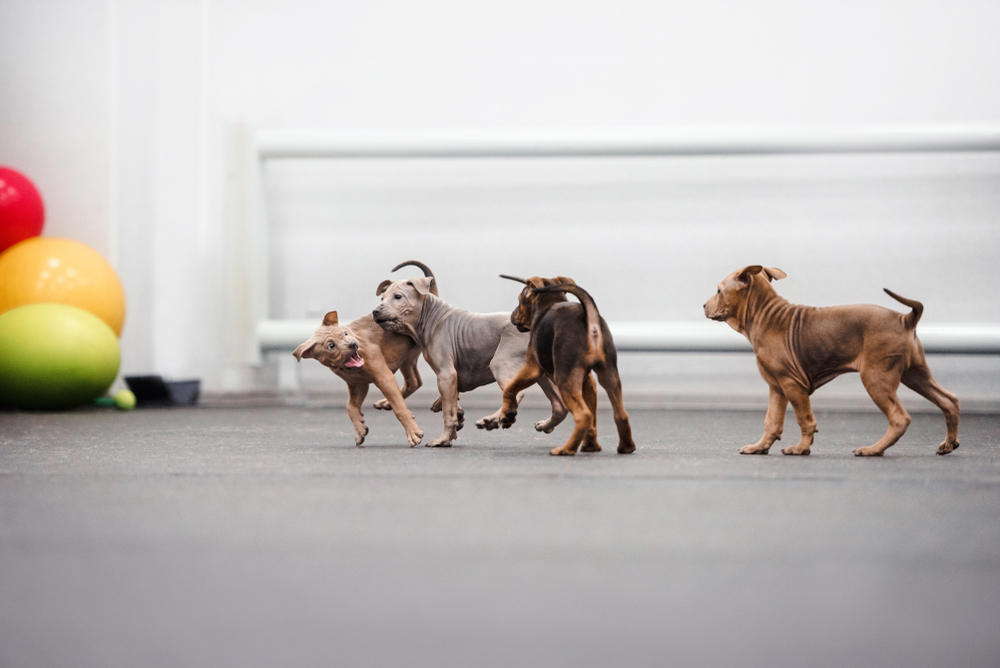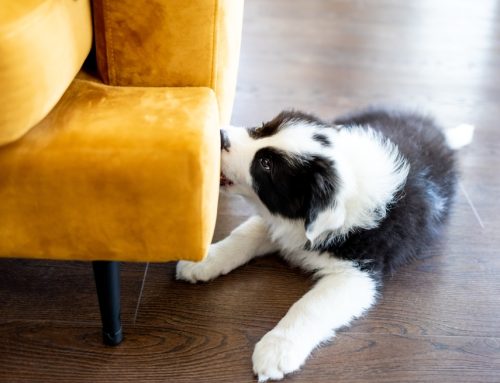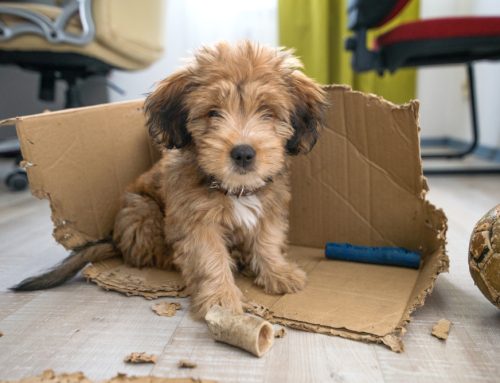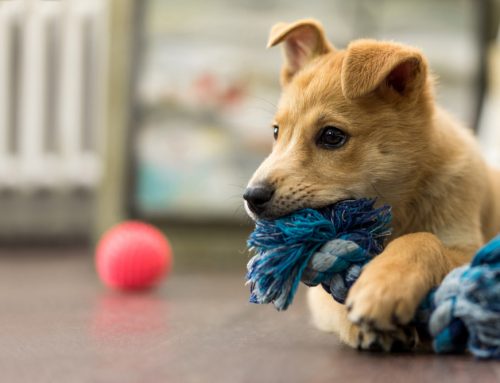Your new puppy is adorable, but as much as you would like to keep that bundle of cuteness all to yourself, socializing your puppy early is key to them becoming a well-behaved and well-adjusted adult dog. Our team at Star of Texas Veterinary Hospital wants you to be successful, and we provide some do’s and don’ts of puppy socialization.
DO start socializing your puppy early
Puppies handle new experiences best between 3 and 12 weeks of age, making this the best window of time for introducing new experiences, people, noises, and other animals. Experiences you should expose to your puppy before they are 12 weeks of age include:
- Unfamiliar people — Gradually introduce your puppy to many different people, to let them get used to being approached and handled by people other than you.
- Different dress styles — Approach your pet wearing several clothing styles, including hats, sunglasses, hoodies, and bulky coats, so they understand that humans sometimes change their appearance.
- Handling your puppy — Take time every day to handle your puppy’s entire body, including their ears, muzzle, paws, and tail. This practice will help get them used to their necessary grooming, and will also help the veterinary professionals at Star of Texas Veterinary Hospital examine your pet when they come in for their annual wellness exam.
- Rural and urban environments — Take your puppy to different locations, such as a city street, a farm, and hiking trails, to acclimate them to numerous environments.
- Vehicles — Get them used to riding in a vehicle, so the experience is not frightening. You should also allow them to watch moving traffic, while keeping them leashed.
- Small conveyances — Take them to areas where they can observe bicycles, skateboards, and baby carriages.
- Different noises — Acclimate your puppy to a variety of noises, including traffic, household appliances, and the television.
- Other dogs — Gradually introduce your puppy to other vaccinated dogs, to help them see that other dogs are friends and not threats.
- Other animals — Introduce your puppy to a variety of other animals, including cats, horses, chickens, and any other critter you can find to expand their world view.
Since your puppy will not be fully vaccinated until about 16 weeks of age, be cautious about socializing them during this time. Ensure that any pet they contact has been vaccinated, and is not showing any illness signs. Avoid taking your puppy to dog parks and outdoor gatherings until they are fully vaccinated.
DON’T overwhelm your puppy
If you do too much too fast when socializing your puppy, you can overwhelm them and cause a fearful response. You want them to be comfortable around many different people, but start by introducing them to one person at a time. Once they are accustomed to being handled by a new person, you can gradually increase the number of people they meet at one time. Also use this process to introduce your puppy to new dogs.
DO make your puppy’s experience positive
Praise your puppy frequently, and keep treats on hand to reward them when they are going through a new experience. You want your puppy to see these new situations favorably, and avoid making unpleasant or fearful associations. Since your puppy can read your emotions, do not be anxious when you present your puppy with a new experience, to prevent them from becoming stressed.
DON’T ignore your puppy’s cues
Be able to read your puppy’s body language to know when they are feeling stressed, frightened, or aggressive. This way you can remove them from the situation causing their distress before tensions escalate to a harmful incident. Also, keep interactions long enough for your puppy to process the experience without exhausting or boring them. You will need to watch them closely for signs indicating they are tired or have lost interest. This will also prevent them from making unpleasant associations.
DO teach your puppy to be alone
Separation anxiety is a serious issue that causes severe emotional distress for affected dogs, and can lead to injury to your pet and damage to your home. By teaching your puppy that they can enjoy time alone, you can prevent them from being affected by this condition. Leave them in a crate or designated room with a favorite toy and a few treats, so they will appreciate alone time. You can gradually increase the amount of time they spend alone.
DON’T let your puppy become aggressive
If your puppy misbehaves, do not respond using confrontational approaches, such as pinning them down or scruffing them. These techniques can result in aggressive behavior. Focus on rewarding your puppy for correct behavior, and stopping play, or ignoring them, when they misbehave.
DO use puppy classes

Puppy classes are a wonderful way to expose your puppy to new places, people, and other puppies. They help your puppy learn basic commands, and guide you on how to handle situations when they misbehave.
Socializing your puppy is an important part of their education, and can be a great bonding time for you and your new pet. Contact our Fear Free team at Star of Texas Veterinary Hospital to schedule an appointment, so we can meet your puppy and perform their first wellness exam.







